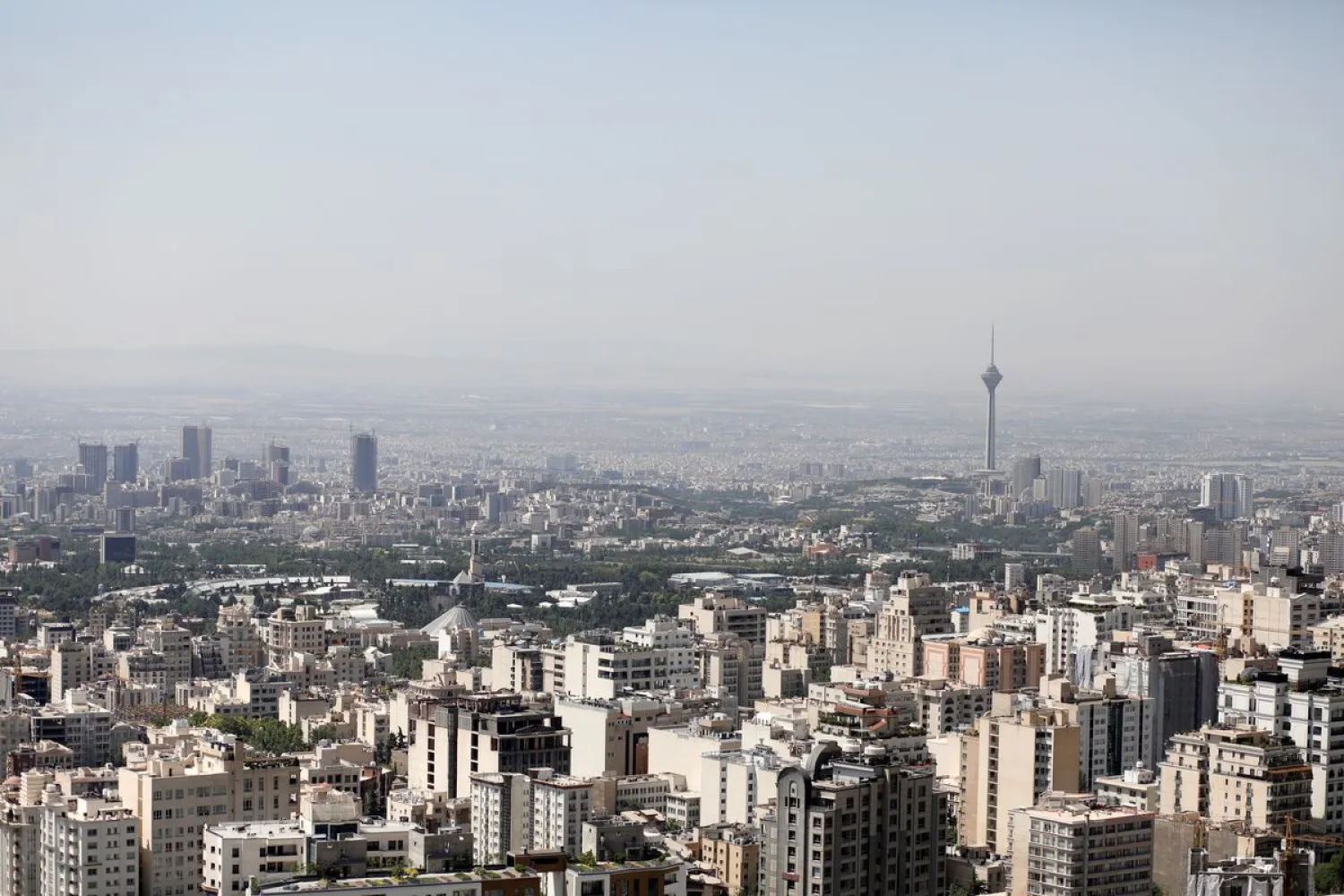Iran has signed a Memorandum of Obligations to become a permanent member of the Shanghai Cooperation Organization (SCO), Iran's foreign minister said on Thursday, as Tehran seeks to overcome economic isolation amid US sanctions.
"By signing the document for full membership of the SCO, now Iran has entered a new stage of various economic, commercial, transit and energy cooperation," Hossein Amirabdollahian wrote on his Instagram page, according to Reuters.
Last year, the rapidly-expanding central Asian security body, whose founding heavyweights are China and Russia, approved Iran's application for accession, while Tehran's hardline rulers called on members to help it form a mechanism to avert sanctions imposed by the West over its disputed nuclear program.
Iranian President Ebrahim Raisi was in the Silk Road oasis of Samarkand, Uzbekistan on Thursday to attend a summit of the organization. He was expected to meet Russian President Vladimir Putin, Iranian media reported.
The body, formed in 2001 as a talking shop for Russia, China and ex-Soviet states in Central Asia, expanded four years ago to include India and Pakistan, with a view to playing a bigger role as counterweight to Western influence in the region.
Iran will now be able to take part in meetings, although it is likely to take some time to achieve full membership, deputy secretary-general of the organization Grigory Logvinov told Russian state TV, which also reported the signing.
Iran's economy has been hit hard since 2018, when then-US President Donald Trump abandoned Tehran's nuclear deal with world powers, including Russia and China.
Months of indirect talks between Iran and US President Joe Biden's administration have hit a dead end over several obstacles to reviving the nuclear pact, under which Tehran agreed to curbs on its nuclear program in return for the lifting of sanctions.









